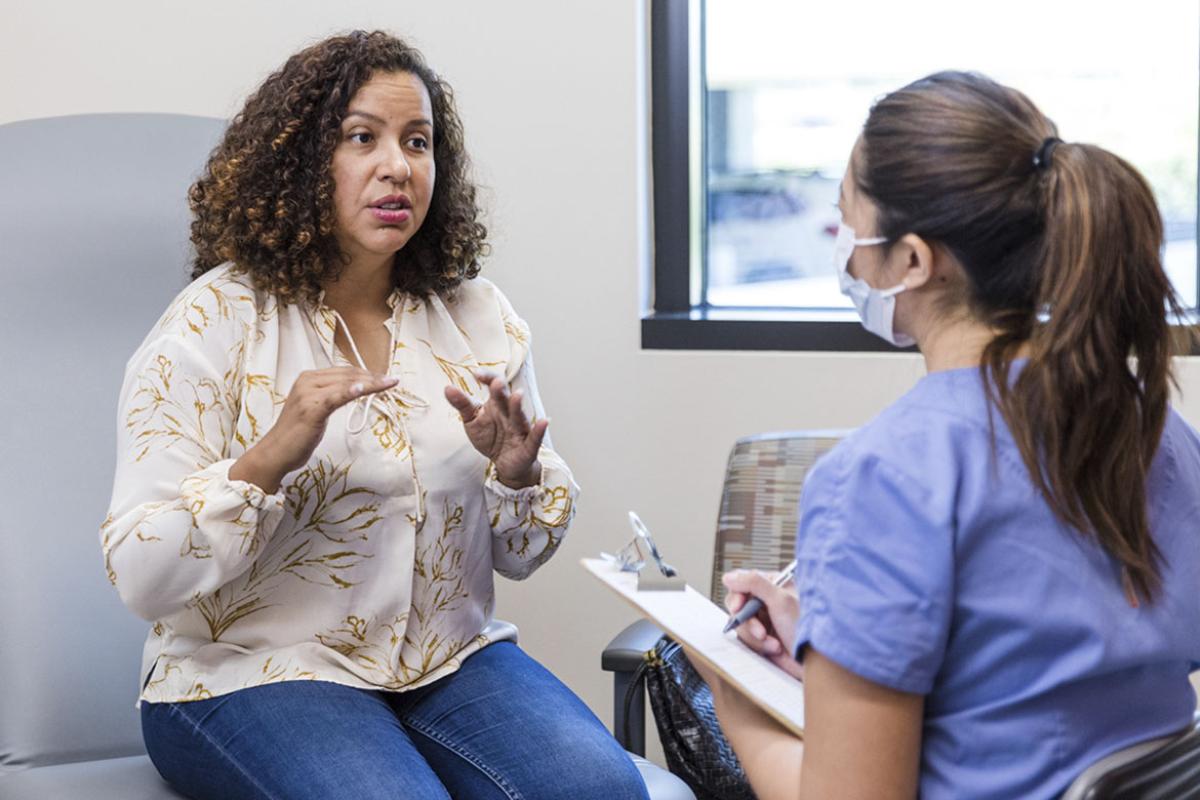AMA STEPS Forward®
AMA STEPS Forward® offers open-access practice innovation strategies that allow physicians and their teams to thrive in the evolving health care environment. Physicians looking to refocus their practice can find practical, actionable steps to implementation with toolkits and playbooks, podcasts, webinars, success stories, and more. Each module includes a step-by-step guide and downloadable tools and resources to assist in implementation.
AMA STEPS Forward resources to explore
AMA policies
The integration of behavioral and physical health care is more important than ever as the Behavioral Health Integration (BHI) Collaborative works to increase access to essential treatment.
The policies listed here drive and inform the AMA’s work on BHI.
988 Suicide & Crisis Lifeline
With an increased number of people reporting worsening mental health in recent years, it is imperative that people are aware of the 988 Suicide & Crisis Lifeline (formerly known as the National Suicide Prevention Lifeline) telephone program.
People experiencing a suicidal, substance use, and/or mental health crisis, or any other kind of emotional distress can call, chat or text 988, and speak to trained crisis counselors. The national hotline is available 24 hours a day, 7 days a week.
The previous National Suicide Prevention Lifeline phone number (1-800-273-8255) will continue to be operational and route calls to 988 indefinitely.










